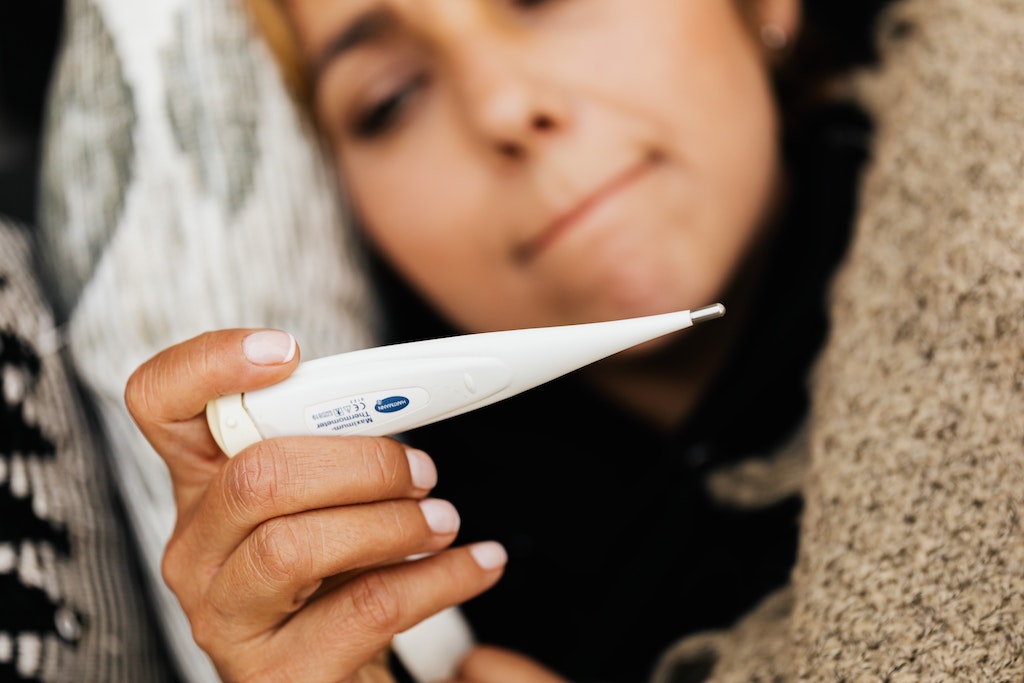Medical professionals say that a person is more likely to get sick during colder months. That’s because it forces people to stay in enclosed spaces longer, increasing the risk of infection — plus viruses live longer at lower humidity and cold temperatures. Doing those are unavoidable, so the best thing you can do is prepare yourself for some of the most common diseases you and your loved one may face during the colder months.
Here are some of the most common illnesses to watch out for this season.
The Common Cold
The colder months are synonymous with the common cold since they are typically prevalent during this season. That’s because the rhinovirus, the pathogen that causes the common cold, naturally thrives best in colder temperatures. While the common cold can make you feel sluggish, it’s usually not severe and allows you to do regular activities normally.
The best way to prevent and get better from the common cold is to stop spreading the germs. So, make it a habit to wear proper fire-resistant PPE when working to ensure you don’t spread it to your co-workers, stay safe, and frequently wash your hands with soap and water.
Flu

When your respiratory tract (from your mouth to lungs) gets infected, you typically get the flu. You can get this condition from inhaling airborne droplets from an infected person excreted through sneezing, coughing, or touching surfaces. You can relieve the symptoms by resting, drinking plenty of water, and taking medications.
Sore Throat
Getting a sore through during the colder months are typically caused by irritation from prolonged exposure to dry and cold air. The fast and constant changes in the air temperature make your throat feel raw and scratchy. The best ways to treat a sore throat are taking lozenges, drinking hot beverages at least once a day, and using a humidifier at home.
Acute Bronchitis
You can get acute bronchitis from the common cold or the flu. This condition can be debilitating as it leaves you to cough uncontrollably alongside aches, pains, chills, headaches, and a runny nose. You’re prone to developing acute bronchitis if you’re a regular smoker, have sinusitis or enlarged tonsils. This condition typically goes away on its own, but using a humidifier and taking cough medicines can ease some of your symptoms.
Cold Sores
Cold sores are a group of small blisters that can develop around your lips and mouth, which can be painful and lead to a compromised immune system, making you susceptible to more illnesses. It has several causes, including stress, sleep deprivation, and hormonal changes. The best way to remedy this is by getting plenty of rest and keep your lips moisturized.
Seasonal Affective Disorder
Seasonal affective disorder (SAD) is what many people dub as the “winter-time blues.” This condition makes a person feel more lethargic during the colder months, reflecting the cold and damp weather. It’s typically not serious, but if it begins to affect your daily life, leaving you restless, anti-social, and have suicidal thoughts, it’s time to seek treatment. The best remedy for this is talking to your assigned physician or psychologist right away.
As the temperatures drop over the winter months, your risk for contracting diseases only goes up, so make an effort to instill healthy habits throughout the festive season to make the most out of it. Watch out for the illnesses mentioned to ensure optimal health during the colder months.

